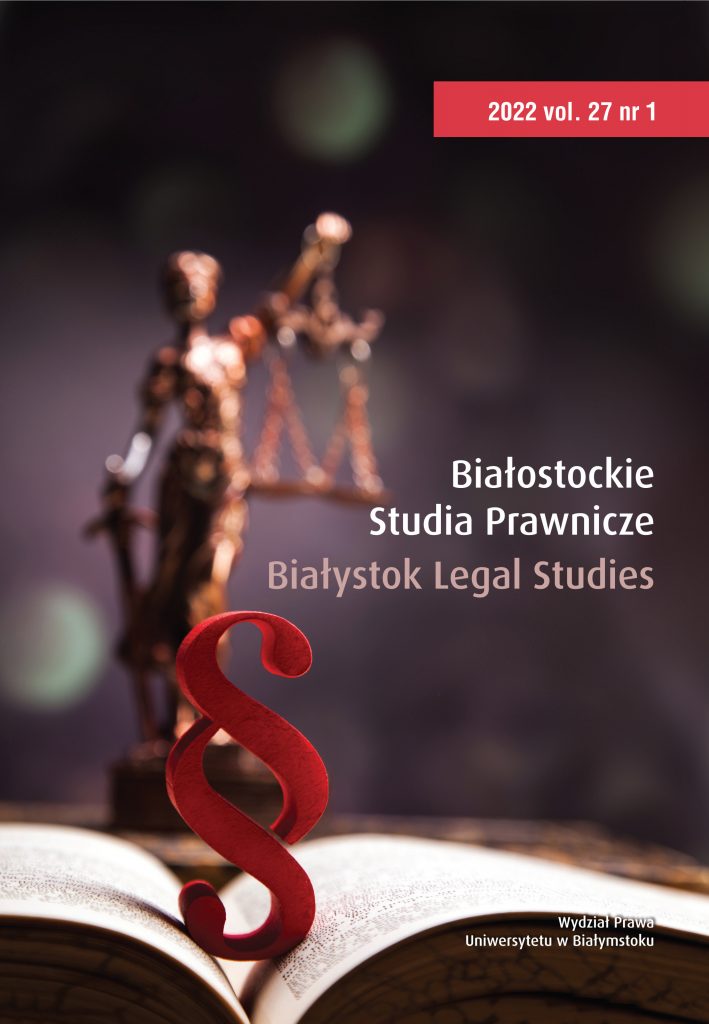The Offence under Article 305 of the Industrial Property Law and the Limitations of Protection Law for a Trademark (in Particular Due to Tolerance): Comparative Legal Remarks in the Context of the Planned Amendment of the IPL Provisions
Słowa kluczowe:
counterfeit trademark, criminal liability, deregulation, exclusions of protection rights, tolerance of useAbstrakt
Among the rights that precede rights in the registration of a trademark, Polish law does not take into account the rights to signs acquired as a result of their use in trade. It also does not take into account such rights in regard to excluding the effectiveness of the right from registration due to the tolerance of such rights arising later. Meanwhile, the aforementioned rights are raised not only in cases of infringement of the protection right for a trademark but also in criminal cases concerning a counterfeit trademark (Art. 305 of the Industrial Property Law). In connection with the proposed deregulation of the Industrial Property Law Act, a question arises about the need for a more comprehensive amendment of the relevant provisions. This question also concerns the provisions on criminal liability, namely whether they should not directly – as is the case with the provisions on civil liability – condition the claim for protection of the right to a trademark from its (full) effectiveness in a given case, including in the context of fulfilling the requirement of genuine use of the mark. These questions become all the more justified in the light of the comparison of the above-mentioned legal status with the solutions in this regard in other EU Member States (e.g. in German law) – in terms of the competitive legal position of enterprises using trademarks belonging to them in these countries, respected on the basis of national legislation.Bibliografia
Balicki M., Szybciej, taniej, bardziej innowacyjnie? Projekt nowej ustawy Prawo własności przemysłowej, https://spcgblog.pl/ip/szybciej-taniej-bardziej-innowacyjnie-projekt-nowej-ustawy-prawo-wlasnosci-przemyslowej.
Criminal Liability for Trademark Infringement. A Collaborative International Study (praca zbior.), Merchant&Gould. A Technology & Innovation Law Firm, styczeń 2021, https://www.vda.pt/xms/files/05_Publicacoes/2021/CriminalLiabilityForTrademarkInfringement.pdf.
Czarny-Drożdżejko E., Wybrane problemy stosowania art. 305 ustawy – Prawo własności przemysłowej, „Prokuratura i Prawo” 2005, nr 10.
Göpfert W.W., Die Strafbarkeit von Markenverletzungen, Karlsruhe 2006.
Kostański P., Prawo własności przemysłowej. Komentarz, Warszawa 2010.
Król-Bogomilska M., Wprowadzenie do obrotu towarów oznaczonych podrobionym znakiem towarowym. Glosa do uchwały SN z dnia 24 maja 2005 r., I KZP 13/2005, Glosa 2007, nr 3.
Kuberski D., Karnoprawna ochrona znaku towarowego, Warszawa 2021.
Raglewski J., Prawo własności przemysłowej. Komentarz do przepisów karnych, LEX 2016.
Szewc A., Przestępstwa i wykroczenia przeciwko prawom własności przemysłowej, „Białostockie Studia Prawnicze” 2015, nr 19.10.15290/bsp.2015.19.15
Trzebiatowski M., (w:) Sieńczyło-Chlabicz J. (red.), Prawo własności przemysłowej. Komentarz, Warszawa 2020.
Trzebiatowski M., Zakaz „Venire” wskutek bezczynności wobec używania znaku towarowego (także renomowanego) – zwłaszcza na gruncie przepisów uznk (na tle orzecznictwa), (w:) S. Byczko, A. Kappes (red.), Księga pamiątkowa ku czci prof. W. Katnera, Warszawa 2022 (w druku).
Zięba M.J., Rola orzecznictwa Sądu Najwyższego w prawidłowej subsumpcji czynu pod normę prawa karnego materialnego na tle prawnokarnej ochrony znaków towarowych (art. 305 p.w.p.), (w:) M. Sadowski, P. Szymaniec (red.), Acta Erazmiana. Prace z zakresu integracji europejskiej oraz nauk penalnych, Wrocław 2011.



